
Nurseries continue to close as government-funded childcare expands
Nurseries in England continue to close at a time when the sector should be expanding to provide the 85,000 additional childcare places required by September 2025. This is when all children in working families will be entitled to 30 hours of childcare per week from nine months to starting school.
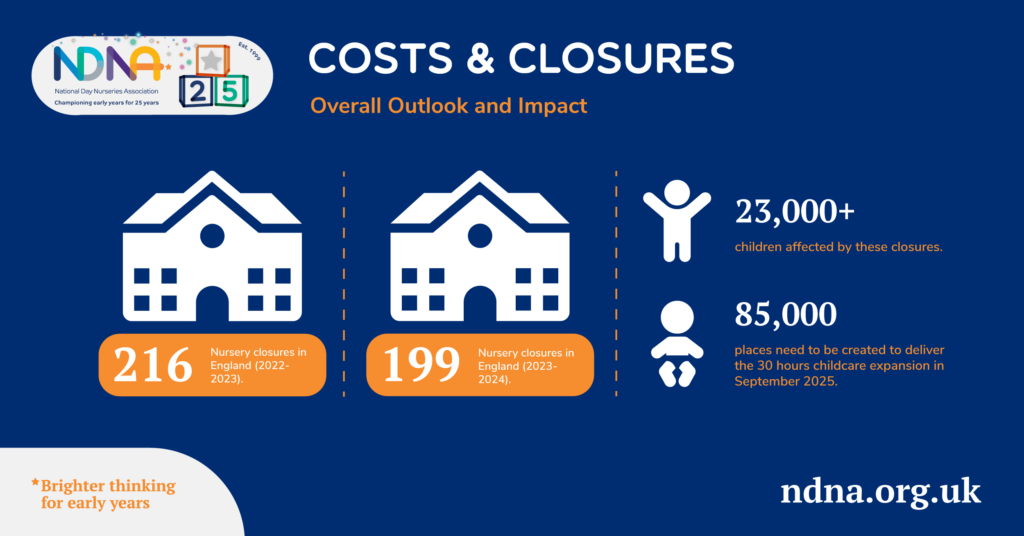
Research by NDNA reveals that 199 nurseries were forced to close between September 2023 to the start of this academic year on top of the 216 closures recorded in the previous academic year. This would have affected an average of 50 children per setting or more than 10,000 children in total.
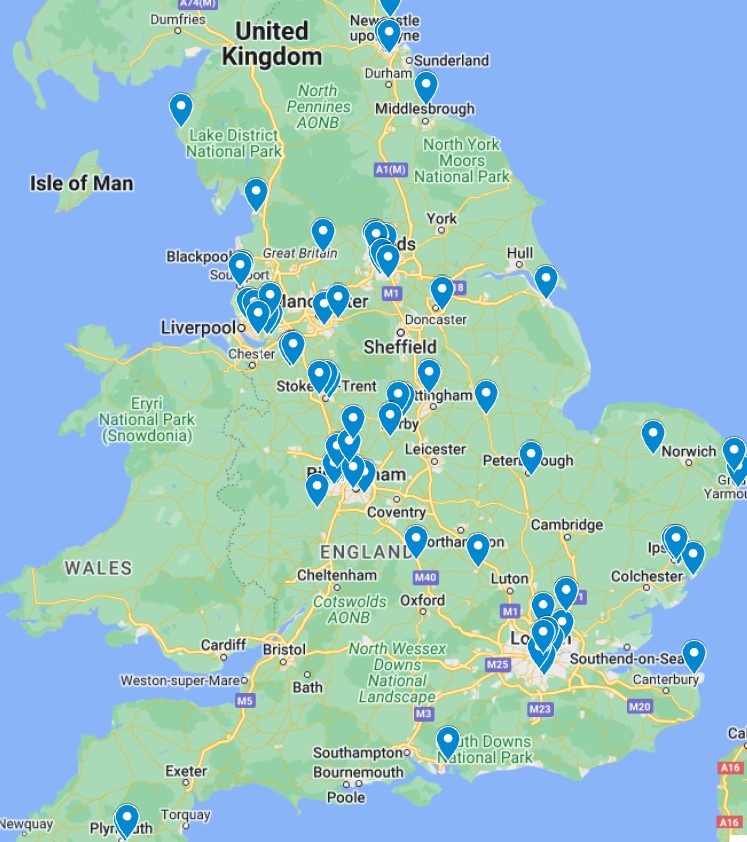
NDNA’s data showed that just under four in ten of the closures (38%) took place in the 30% most deprived areas in the country including parts of London, Birmingham, Liverpool and Leeds.
Purnima Tanuku OBE, Chief Executive of NDNA said, “We have been very carefully monitoring nursery closures since 2017 when 30 hours of funded childcare was first brought in. We’ve seen a trend of nursery closures and this year’s findings show that this is not slowing down.
“The National Audit Office found that we need to create 85,000 places for next September, but our findings mirror Ofsted data that there is still a net loss of nurseries and pre-schools across the country.
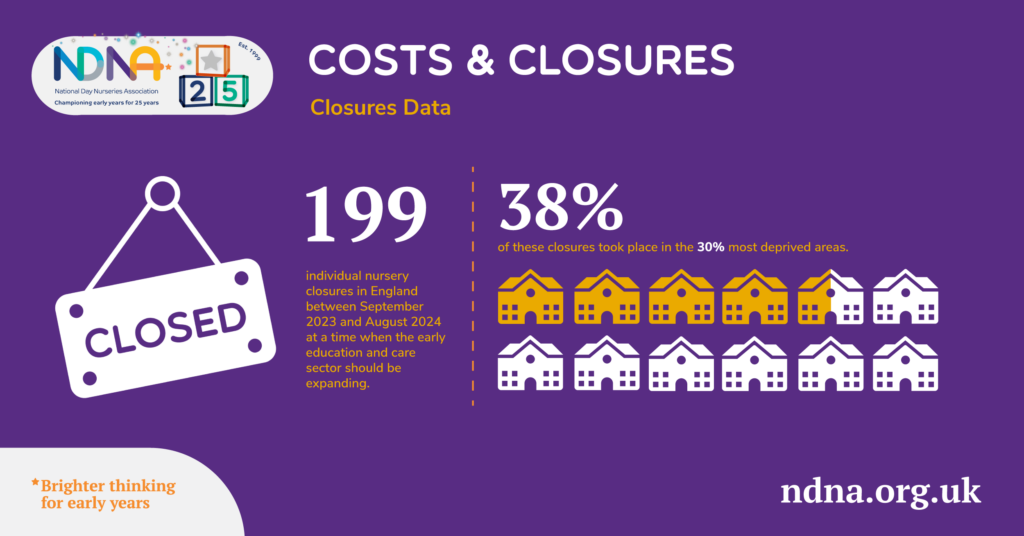
“A lot of this comes down to chronic underfunding, particularly for three and four-year-olds. Earlier this year providers told us that their staffing costs alone were increasing by around 15% but the rate paid for places only went up by 4.6%. By next year, 80% of an early years setting’s income will come from government-paid hours and if those rates aren’t right, more will face closure.
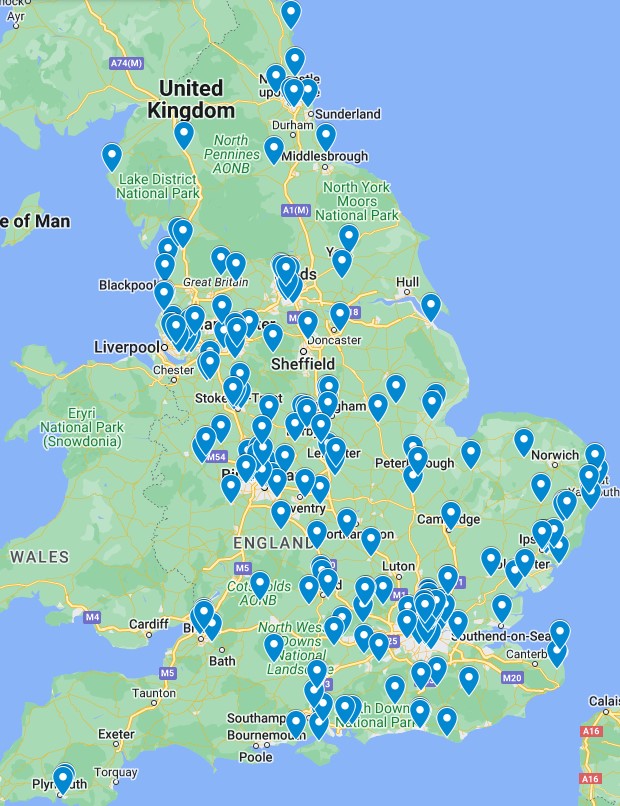
“Every year we see that the largest proportion of closures happen in the most deprived areas. That’s because these nurseries are more dependent on government-funded hours and less on parent fees. That’s why we see evidence from several reports saying England is the worst place for childcare deserts.
“There’s more that the Government can do; like addressing underfunding, supporting nurseries to expand with capital grants and easing financial burdens by removing unfair business rates. But our research also shows that councils can do more to help cashflow in early years settings by paying funding early and working with providers to co-design a funding system that truly works.”
In a new investigation into local authority provider payments, NDNA discovered that additional funding pressures are being put on providers due to too many local authorities paying providers late.
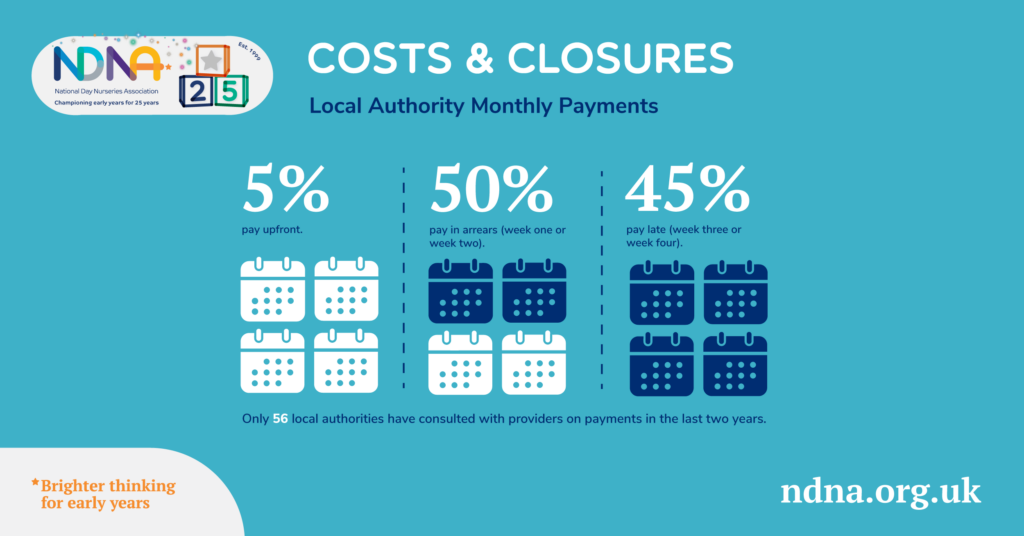
The investigation asked if councils paid early education and care providers on a monthly or termly basis for the funded childcare offer. Out of the 122 councils that responded to the Freedom of Information (FOI) request, 46 reported paying monthly, 56 said they paid termly and 20 offered providers a choice, making both monthly and termly payment arrangements.
Of the 66 councils paying monthly, including the 20-offering provider choice, only 5% of councils pay providers upfront. The rest pay providers in arrears and 45% don’t make payments until week three or week four of the month, creating cashflow challenges for providers.
The investigation also found that in the past two years, the majority of councils have not been speaking to providers about how they fund them. When asked if they had consulted with providers, only 56 of the 122 local authorities who responded said that they had consulted with providers.
Twenty-three councils were able to say they are currently running or planning to consult with providers while 33 say they haven’t consulted.
- England
Similar Articles
Disappointment as Scottish Budget fails to address funding system inequalities

Nursery: Where the Best Start Happens - NDNA’s new campaign championing PVI nurseries


